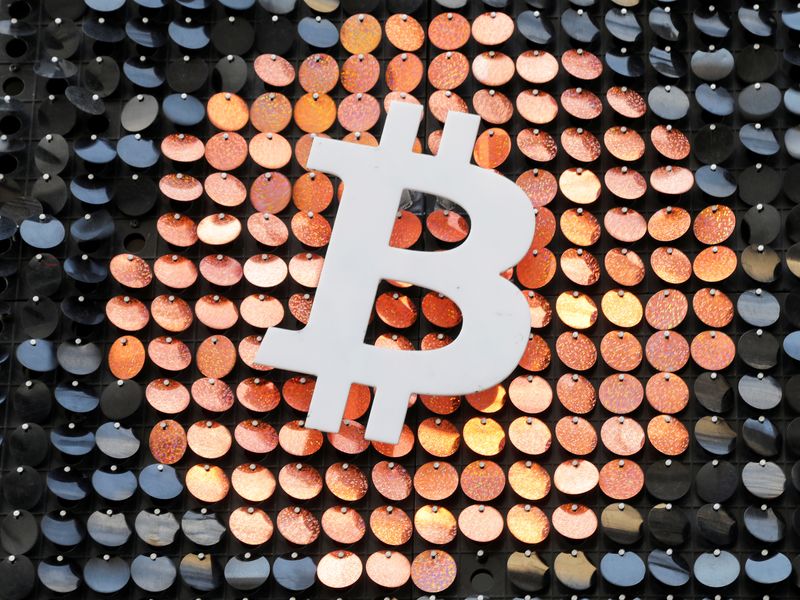U.Today - In a recent tweet, renowned economist and gold advocate Peter Schiff made a comparison between Bitcoin and traditional fiat currencies. Schiff, a well-known Bitcoin critic, highlighted a main difference and similarity between the two, sparking reactions from the cryptocurrency community.
According to Schiff, the main similarity between traditional fiat currencies and Bitcoin is that both derive their market value from the faith people have in them. In response to an X user who refuted this assertion by saying that "bitcoin was all proof of work," Schiff declared Bitcoin as "proof of faith," adding that "the work produces nothing of value. So it's proof of faith."
Schiff went further to highlight the main difference between the two asset classes, indirectly highlighting Bitcoin's ability to create wealth, saying, "The main difference is that no one expects to get rich holding cash. That's why confidence in Bitcoin can be more easily lost."
Schiff, a staunch crypto critic, continues to dismiss Bitcoin while championing gold. He has previously criticized BTC exchange-traded funds (ETFs), claiming they undermine the decentralized nature of crypto.
Bitcoin price prepares for major move
At the time of writing, BTC was up 1.04% in the last 24 hours to $105,278 after dipping to lows of $101,200 amid a sell-off in the early Thursday session.According to Glassnode, Bitcoin's 60-day range is currently tighter than its current trading range. Historically, similar patterns have signaled volatility explosions.
In a tweet, Glassnode observed that "Bitcoin’s current 60-day price range is very narrow. Historically, periods of tight price ranges often preceded heightened volatility," it wrote. In addition, 20% of the BTC supply is concentrated within ±15% of the spot price, which creates the potential for amplified market volatility as investor profitability shifts.
On the broader markets, investors are now anticipating the next Federal Open Market Committee meeting on Jan. 28-29, when interest rate cuts may be announced. At its December meeting, the Fed signaled two rate cuts for 2025, indicating a slow and cautious approach.
